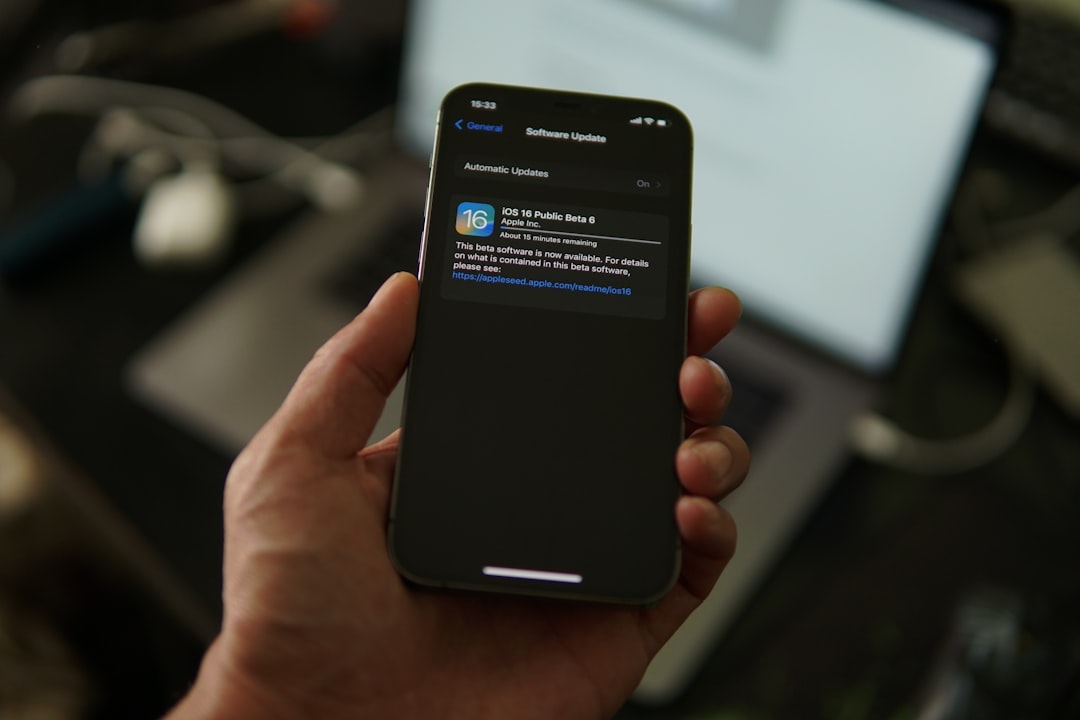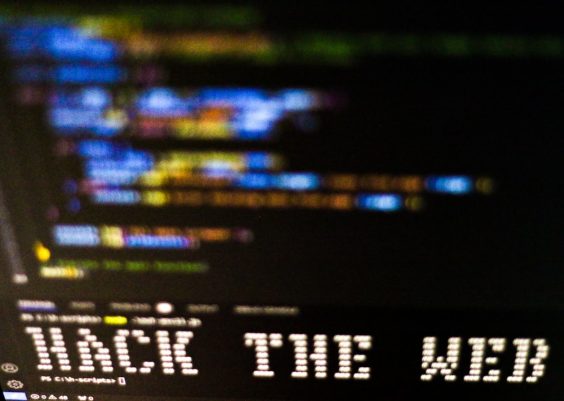In a time when digital boundaries increasingly shape our access to information and entertainment, many users find themselves restricted by government-imposed censorship or content-blocking policies. One common issue is the inability to access certain movie websites due to regional or political restrictions. In such scenarios, a Virtual Private Network (VPN) emerges as a powerful and reliable solution.
A VPN not only safeguards your privacy but also lets you bypass censorship and internet restrictions, granting access to platforms otherwise blocked in your country.
What Is Internet Censorship?
Internet censorship refers to the control or suppression of what can be accessed, published, or viewed on the internet by regulators or authorities. Governments in countries like China, Iran, and North Korea, for example, enforce strict regulations that prevent users from visiting foreign websites, including popular movie-streaming platforms.
This censorship can manifest in various forms, such as:
- Blocking specific domains
- IP address restrictions
- Filtering keywords and search terms
- Throttling or slowing down access to certain websites
How a VPN Works
A VPN is a secure, encrypted connection between your device and the server operated by the VPN service. Once connected, your internet traffic is no longer routed through your local Internet Service Provider (ISP), but through the VPN server located in a region of your choice. This masks your actual IP address and assigns you a new one based on the location you select.

This process offers several benefits when bypassing censorship:
- Concealing your IP address: This prevents websites and trackers from knowing your real geographic location.
- Encrypting your internet traffic: Makes it very difficult for your ISP or government to monitor or interfere with your online activity.
- Changing virtual locations: Allows you to access content that is only available in specific countries, such as movie-streaming or torrent websites.
Using a VPN to Access Movie Websites
Popular movie sites and platforms like Netflix, Hulu, Disney+, and Amazon Prime often have content libraries that differ depending on regional licensing agreements. Additionally, certain lesser-known movie-sharing websites might be entirely blocked in some countries due to copyright laws or government mandates.
By connecting to a VPN server in a country where the platform is accessible and unrestricted, users can regain full access to the content. For example, someone in a country where Netflix is banned can connect to a VPN server in the United States and then freely navigate and stream content without restrictions.
Here’s how a VPN helps in this context:
- User opens their VPN application and connects to a server outside the censorship zone.
- The VPN cloaks the user’s real IP address and encrypts their data.
- Now appearing as a user from a different country, the person can access restricted movie websites.

This technique is not only useful for streaming but also for accessing film discussion forums, movie-rating websites, or independent productions that may be blocked due to political sensitivities or licensing issues.
Legal and Ethical Considerations
While using a VPN is legal in many countries, there are regions where VPN usage itself is restricted or even banned. It is crucial to understand the local laws and regulations before opting to use a VPN service. Violating government policies can lead to fines or other legal consequences.
Moreover, VPNs should not be used to engage in copyright infringement or access pirated movie content. Always choose ethical usage by subscribing to legal streaming services and supporting filmmakers and content creators.
Choosing a Reliable VPN Provider
Not all VPNs are created equal. A trustworthy VPN should have the following characteristics:
- Strong encryption and a no-logs policy
- Servers in multiple countries
- High-speed connectivity for smooth streaming
- Reliable customer support
There are both free and paid VPN services available, but it’s worth noting that many free VPNs compromise on speed, data security, or privacy.
Conclusion
In an era of increasing digital surveillance and online restrictions, having a VPN is more than a luxury—it’s a tool for digital freedom. Whether you’re trying to watch your favorite movies or access international film content, using a VPN can help you bypass censorship in a secure and ethical way.
As long as you remain mindful of local laws and avoid infringing on copyright rights, a VPN serves as a practical, reliable, and safe solution for unlocking the global landscape of online entertainment.




